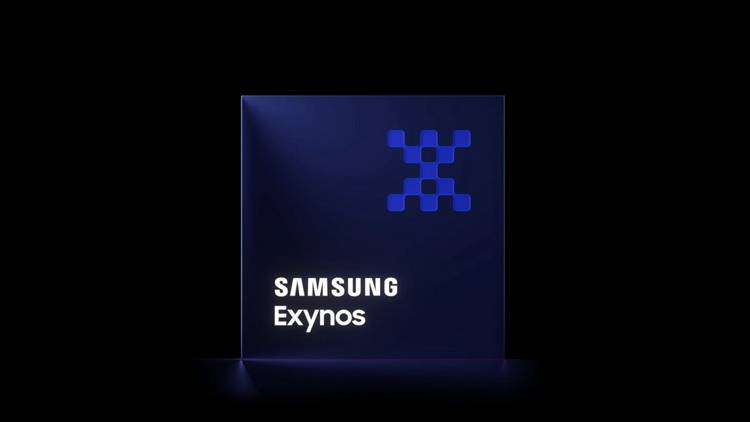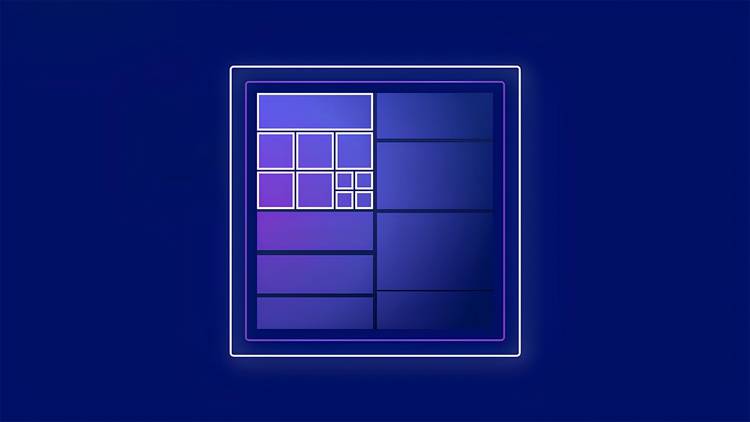Samsung’s Orion 2500 Processor: A New Challenger in the Market
In the past few years, Samsung’s Orion processors have been somewhat of a joke. One significant reason behind this is Samsung’s manufacturing process, which has lagged behind that of TSMC by a considerable margin. This has resulted in a notable performance gap between Samsung’s Orion processors and those of competitors like Qualcomm, making them less appealing to manufacturers. Even Samsung itself has refrained from using them. However, after facing several setbacks, Samsung seems to have learned its lesson and is aiming to turn the tables with its Orion 2500 processor.

According to insiders, the Orion 2500 processor from Samsung seems to have undergone a significant improvement. Initial feedback suggests that both its raw performance and energy efficiency surpass those of Qualcomm’s Snapdragon 8 Gen4. This could be promising news for Samsung, especially considering that the performance of the Orion 2400 processor released earlier this year was on par with Snapdragon 8 Gen3. Additionally, Samsung is following in Qualcomm’s footsteps by dividing its Orion processors into two categories: one for PCs and one for mobile devices. The mobile variant will feature an octa-core processor, while the PC variant will boast a decacore setup, promising even stronger performance, potentially rivaling Qualcomm’s Snapdragon Elite X processor.

Furthermore, AI capabilities are becoming increasingly important, and Samsung acknowledges its comparative deficiency in this area. To address this, Samsung plans to incorporate Google’s NPU (Neural Processing Unit) to enhance its AI performance, competing more effectively with companies like Qualcomm. It remains unclear how powerful Google’s NPU will be for Samsung’s Orion 2500 processor in terms of AI capabilities to meet the demands of Microsoft’s next-generation systems. Additionally, in terms of manufacturing processes, the Orion 2500 processor from Samsung will adopt the latest 3nm process, significantly increasing transistor density.
Samsung hopes to make a comeback in the era of AI with its Orion processors, aiming to attract more customers. However, while Samsung’s Orion processors may seem superior on paper compared to Snapdragon processors, real-world experiences often deviate significantly. Moreover, there’s a high probability that Chinese versions will continue to use Qualcomm Snapdragon processors. Therefore, if you want to experience Samsung’s Orion processors, you’ll likely need to purchase a Korean or European version of the Samsung Galaxy smartphone.